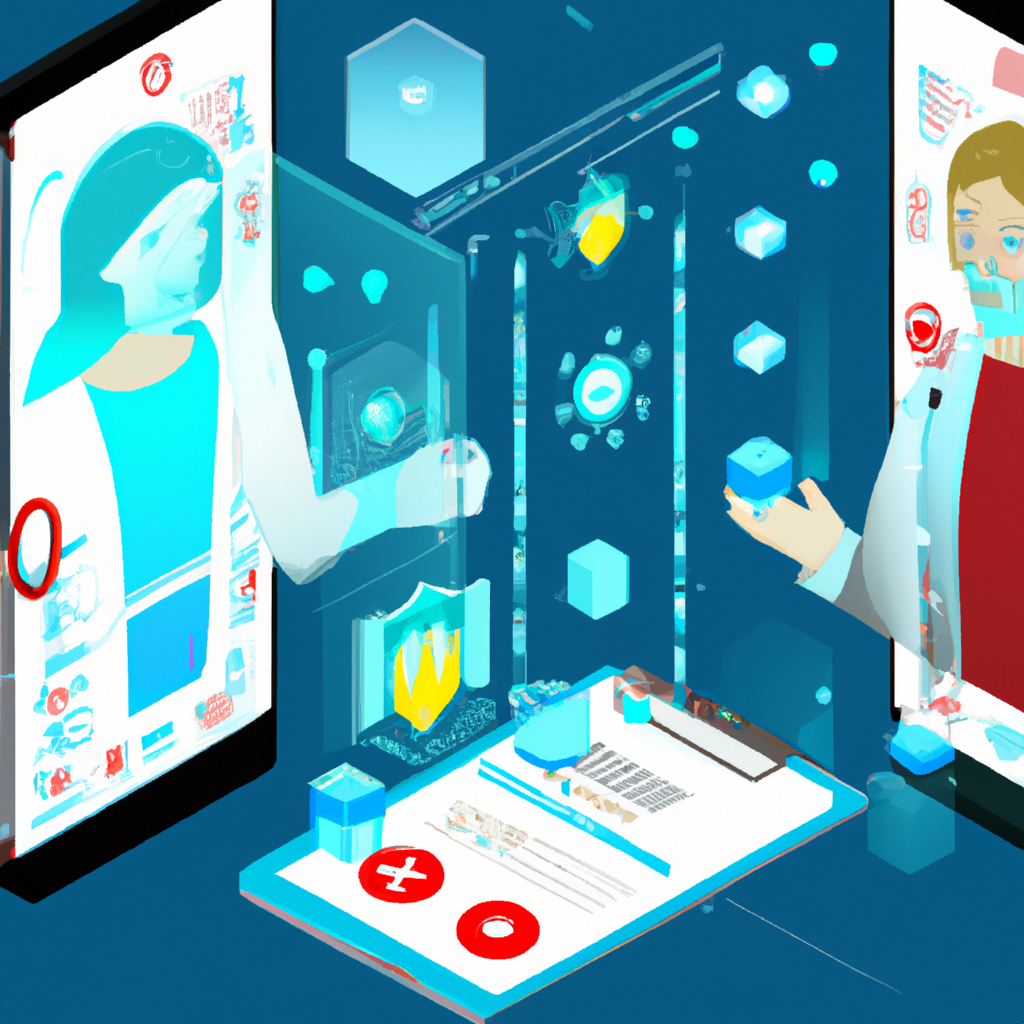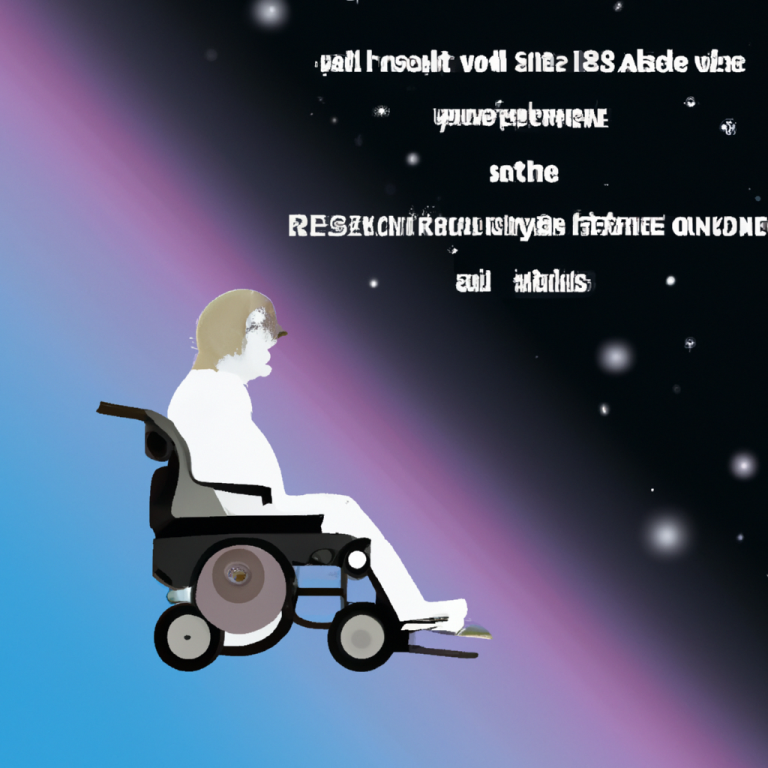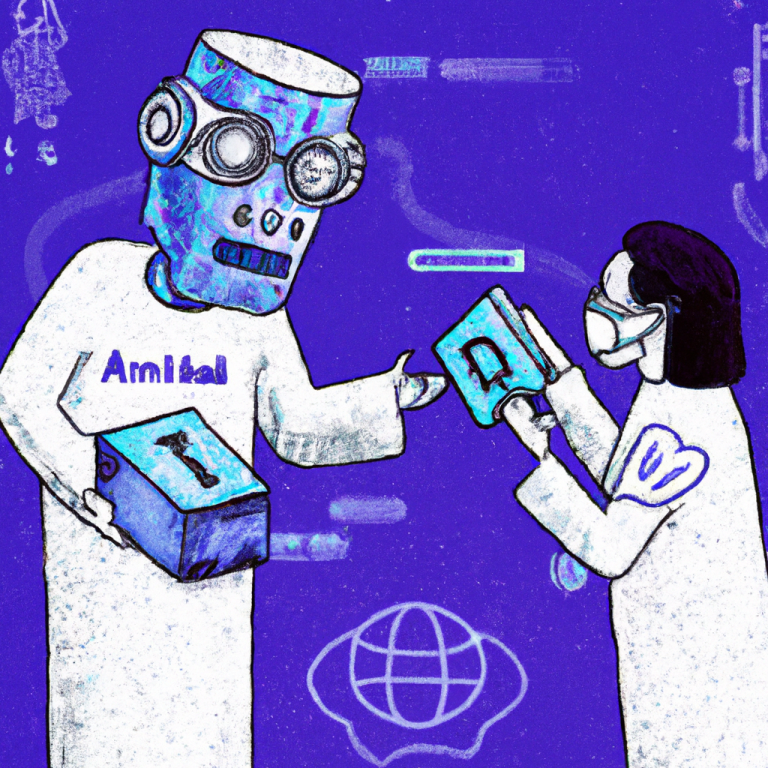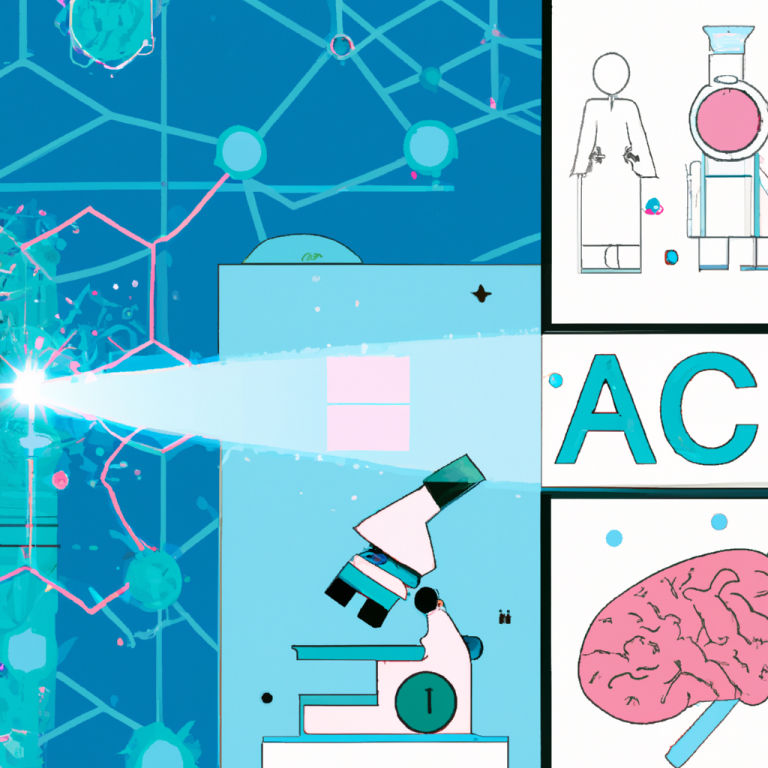Healthcare data is one of the most important and complex datasets to work with. Gathering and analyzing healthcare data is a critical step in improving patient outcomes, reducing costs, and increasing efficiency in the healthcare system. One method of analyzing this data is through the use of machine learning (ML) algorithms. ML has been shown to be successful in many applications of healthcare analysis, including diagnosis prediction and treatment recommendations. In this post, we will explore some of the achievements in healthcare data with the help of ML.
One significant achievement in healthcare data with ML is the development of predictive models. ML algorithms are capable of learning from historical health data to predict future outcomes. For instance, the algorithms can predict a patient’s risk of developing a particular disease, the severity of the disease, and the likelihood of recovery. These predictions help doctors provide personalized care, determine the most effective treatments, and prioritize patient engagement efforts.
Another critical achievement is the automation of diagnostics. ML has been used to develop algorithms that can scan medical images such as X-rays, MRI, and CT scans to detect diseases such as cancer. The models can detect the disease in the early stages when it is easier to treat. The technology can help radiologists save time by identifying images that need extra attention, making the process of diagnosing patients more efficient and accurate.
ML has also been instrumental in identifying patterns that humans might miss. Medical datasets are usually massive, and it can be daunting for a human to analyze all the data manually. But ML algorithms can analyze billions of data points and identify patterns that indicate disease outbreaks, drug resistances, and other healthcare-related phenomena. Machine learning helps healthcare providers make faster and more accurate decisions than they would if they were relying on human analysis.
In conclusion, machine learning has made significant headway in the healthcare industry, analyzing historical and real-time data to provide better care to patients. This technology is making it easier for medical professionals to diagnose diseases, predict future outcomes, and prioritize personalized care for patients. By using machine learning, we can obtain a better understanding of the healthcare system and work towards a more efficient and patient-centric future.



